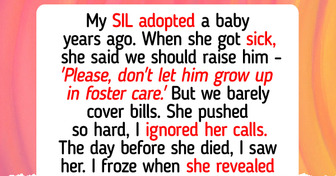I Cut Off My Parents After They Demanded My Inheritance—and I Don’t Regret It

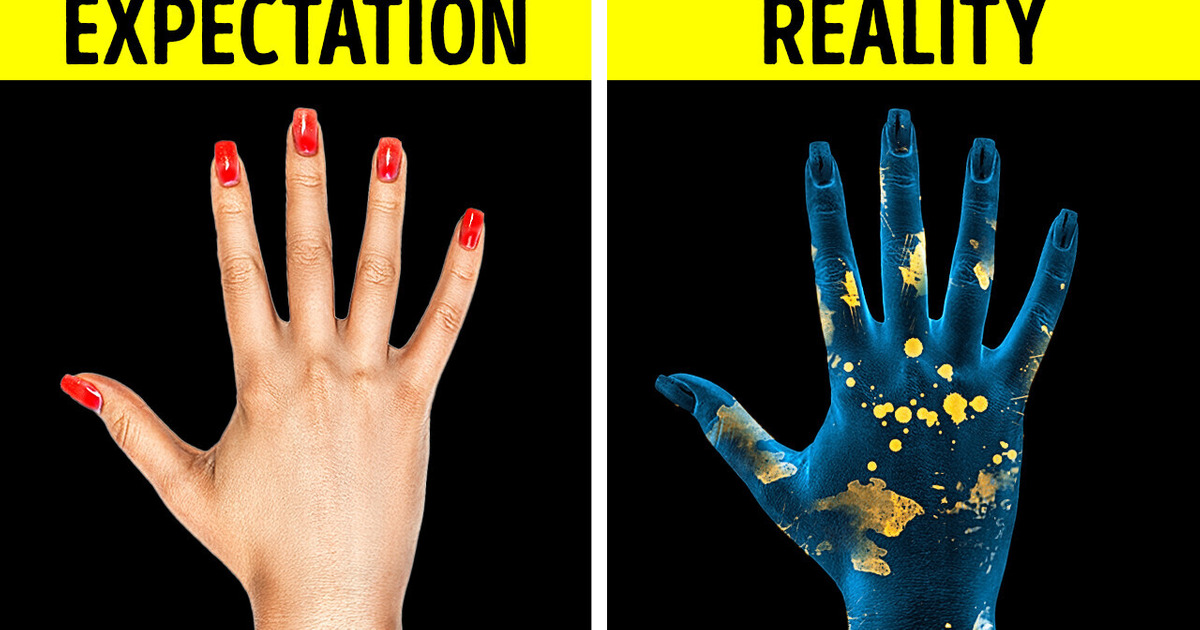
It’s impossible to clean out all bacteria since bacteria are a significant and essential part of our body. There are thousands of billions of microbes inside us that take part in important processes needed for the normal functioning of our organisms.
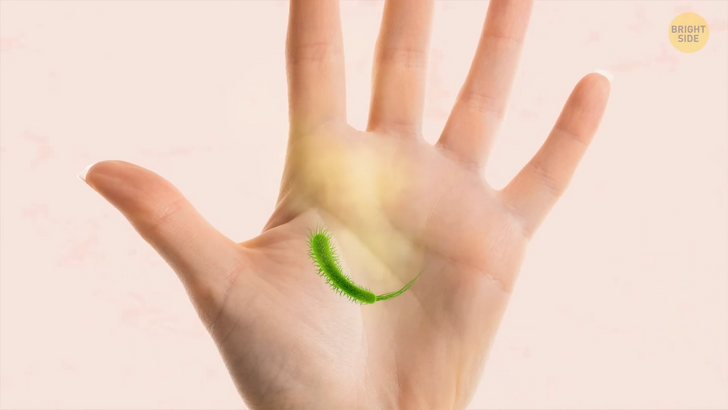
Good bacteria fight bad ones and protect us from many diseases. They improve our immune system, making us stronger and more resistant to the dangers of our world. But one of the most exciting things is that microbes inside our bodies can affect our behavior. These tiny creatures can make you angry, sad, happy, and nervous or cause hunger and sickness. Microbes live on any tiny area of your skin. They don’t just chill and hang out with each other. They’re constantly fighting for survival. Big microbes eat smaller ones. Protective bacteria attack harmful ones. They secrete elements that have a direct effect on our bodies. The action never ends. A slight pause occurs when you wash your hands with soap. But after a few minutes, everything starts from the beginning.
Our body is home not only to bacteria but also to fungi and viruses. And most of these creatures live in the dark depths of our bodies. In places where there’s practically no oxygen. In our intestines. Suppose you divide the colon of an average person into a million parts. In that case, there will be more bacteria in one such part than people on Earth. It’s not just a world. It’s a vast universe. And, of course, this universe plays a significant role in our lives.
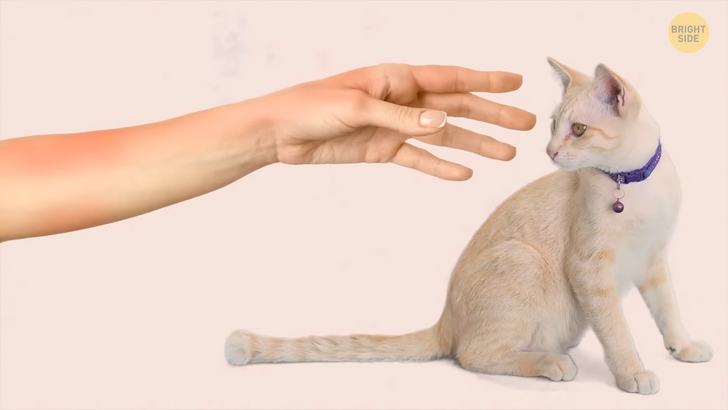
Thanks to microbes, many people don’t have to suffer from allergies. Someone sneezes because of pollen; someone has itchy eyes because of flowering plants. Some people’s skin gets red because of animal fur. All this happens because their immune system gives false alarms to the body.
When some harmless substance or bacteria from dog fur gets on a person’s skin or into their respiratory tract, their immune system believes it’s something dangerous and begins to react. As a result of this reaction, a person experiences itchiness or begins to sneeze. Also, their immune system can attack good bacteria because it doesn’t know how to coexist with them. And this leads to serious health problems.
But if your body is friends with harmless microbes, then it doesn’t react to them and doesn’t cause sneezing or rash. For example, microbes that appear early inside your intestines change the behavior of immune cells so that, over time, they stop reacting to many microorganisms. So, if you want to get this result, ensure your body’s contact with the environment’s biodiversity. The sooner this happens, the better it will be. It’s believed that the microbiome inside a person gets formed within the first three years after birth. And then these germs accompany you throughout your life.

If you regularly wipe the handles in your house and all the cutlery with antiseptic, don’t pick up food from the floor, try not to leave the house, and are afraid of getting dirty, your immunity will most likely be closed inside itself. Any microbe from the outside world will be a serious enemy to it! But at the same time, scientists don’t know exactly how the absence of a particular group of microbes can cause health problems. Also, people who grew up in a too-clean environment and always tried to fight germs are more likely to have allergies and get sick. Their immunity is weaker than that of people who don’t always try to be clean. Running through puddles, swimming in a dirty lake, mud, dust — all this is like a workout for your immune system.
But all this doesn’t mean that we should not wash. A shower is necessary for hygiene, cleanliness of the skin, and getting rid of the smell of sweat. By the way, this unpleasant smell appears because of bacteria that secrete acids inside your sweat. But don’t wash yourself too often, like several times a day. One or two times will be quite enough. And don’t use a washcloth too much. You not only wash away harmful bacteria and dirt but also destroy beneficial microbes and fats necessary for your skin.
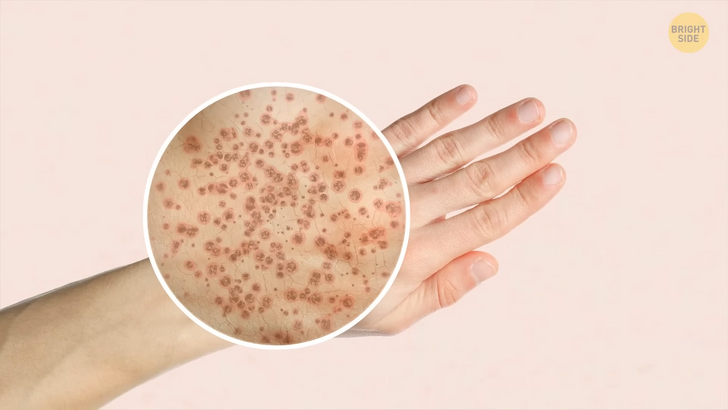
So, you get out of the shower, feeling great, and start to dry yourself off with a towel. And there may be a problem here. When you wipe yourself off, you create microscopic cracks in your skin where bacteria quickly appear. They cling to the towel and multiply quite quickly. The next day you wipe yourself with the same towel — now full of bacteria — and they get into those micro-cracks in your skin. Therefore, wash towels more often.
Scientists have conducted large-scale studies and found out that the presence or absence of certain types of intestinal bacteria can lead to depression. The microbes living inside us produce substances that affect nerve cells in our brain and, possibly, mood. First, biologists conducted experiments on mice and saw that some bacteria changed the behavior of these animals. Then the scientists studied the effects of bacteria on 1,054 people. 173 of them were diagnosed with depression or were dissatisfied with their quality of life. Then the scientists compared the microbiomes of both groups and found out that people with depression lacked two types of microbes. But this doesn’t necessarily mean that a lack of these bacteria causes depression. There’s still a lot of research to be done to establish the exact connection between the nervous system and bacteria. Scientists hope that this may lead to new effective treatments for many diseases.
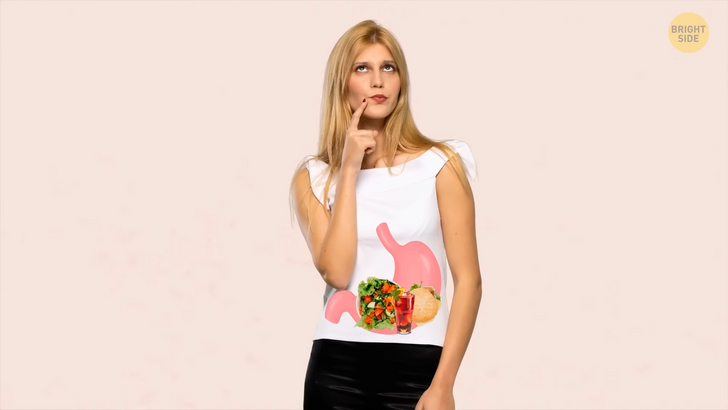
The human microbiome also affects the feeling of hunger. Do you think that you want to eat because your stomach is empty and feel sated because it’s full? No. This is because the bacteria in your gut give you these sensations. Of course, this also works thanks to special hormones that provide you with the feeling of satiety. Still, they are activated during interactions with the substances secreted by bacteria. Excess weight may also appear because of a special kind of bacteria. As scientists say, if you take intestinal microbes from overweight people and transfer them to mice, animals will also start gaining weight. The same applies to thin people and their bacteria. Just imagine what results diets based on bacterial therapy can have! Currently, such microbial medicine is not developed, but scientists hope it will help effectively treat people with serious health problems.
In general, whatever you do, bacteria will always be around you. They are part of your body, literally. Only 43% of the living cells in your body are your live cells. The rest of the cells belong to living microbes. In a sense, a person is a combination of their DNA and the DNA of their microbes.
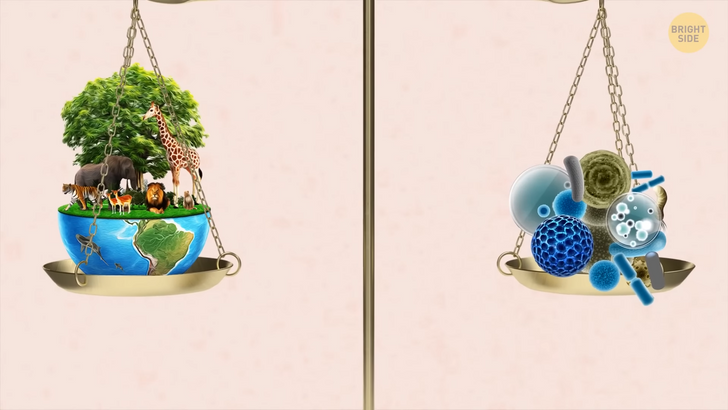
It seems that bacteria control us. Moreover, in a sense, they control the planet. If you add up all the living creatures in the world to find the most common species, then microbes will be first. Their number and weight surpass those of all other creatures on Earth. And if you add up all the bacteria in your body, they will weigh about 3 pounds, which is about the weight of your brain.
These creatures multiply endlessly at a tremendous speed, and nothing can stop them. But then, in 1928, Alexander Fleming accidentally discovered penicillin, the world’s first antibiotic. It helped save the lives of many people who were sick because of harmful bacteria. However, penicillin destroys not only evil but also good bacteria. When people began to use it to treat diseases, they faced the problem of allergies and weakened immunity. For example, mice with their natural microbiome can resist about one million harmful salmonella bacteria thanks to their protective microbes. But after one use of antibiotics, mice’s bodies can get sick when attacked by only ten salmonellae. That is, antibiotics helped the mice to destroy all harmful bacteria, but at the same time, they harmed almost all good ones. Therefore, it’s very important to keep a balance between antibiotics and your microbiome. Only doctors know how to do it best.








